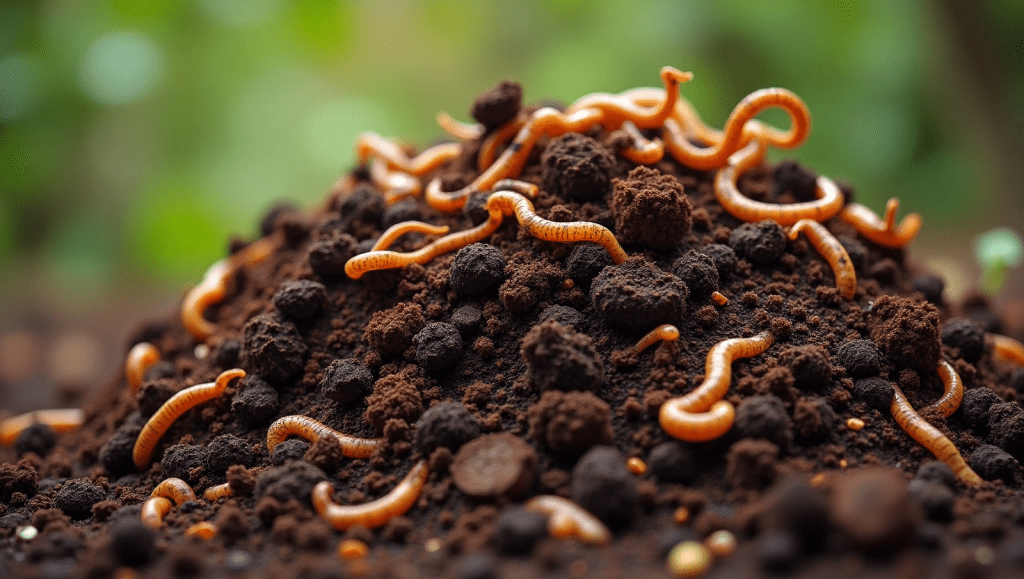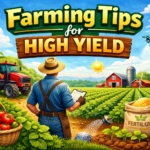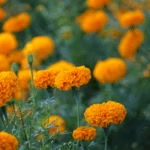In an age where sustainability and waste reduction are more critical than ever, terms like compost and compostable are increasingly common—but often misunderstood. While they sound similar, they refer to different concepts in the world of waste management and environmental responsibility.

In this article, we’ll break down the composting meaning, explain the difference between compost and compostable, and explore why composting is important for the planet.
What Is Compost?
Compost is the nutrient-rich, soil-like material that results from the natural breakdown of organic matter. When food scraps, leaves, and other biodegradable materials decompose in the presence of oxygen, they turn into compost, which can be used to enrich soil and help plants grow.
Common Compostable Items That Become Compost:
- Fruit and vegetable scraps
- Coffee grounds
- Grass clippings
- Dry leaves
- Eggshells
Compost plays a crucial role in regenerative agriculture, gardening, and sustainable landscaping by improving soil health and reducing the need for synthetic fertilizers.
What Does Compostable Mean?
The term compostable refers to a material that can break down into non-toxic, organic matter under composting conditions. In other words, compostable products are designed to decompose like food scraps, eventually turning into compost when properly processed.
However, not all compostable materials are the same:
- Home compostable: These break down in a backyard compost bin under natural conditions.
- Industrial compostable: These require high heat and controlled environments found in commercial composting facilities.
Examples of Compostable Items:
- Compostable cutlery and plates
- Paper coffee cups with certified compostable liners
- Certain bioplastics labeled as “certified compostable”
⚠️ Important Note: Just because something is labeled “compostable” doesn’t mean it will break down in your backyard compost pile. Always check for certifications and instructions.
Compost vs Compostable: Key Differences
| Feature | Compost | Compostable |
|---|---|---|
| What it is | A product (end result) | A material (input) |
| Role in composting | Final product of decomposition | Item that breaks down into compost |
| Organic origin | 100% organic material | Can be natural or manufactured |
| Breakdown conditions | Already broken down | Needs correct composting conditions |
| Examples | Finished soil-like compost | Biodegradable forks, plates, bags |
Composting Meaning: A Quick Recap
The composting meaning is the process by which organic waste—like food scraps, leaves, and yard trimmings—breaks down naturally into compost. This is done through microbial activity, heat, moisture, and oxygen over time.
The composting process transforms waste into a valuable resource for gardening, farming, and land restoration.
Why Composting Is Important
Understanding why composting is important helps highlight the significance of distinguishing between compost and compostable materials. Here’s why:
1. Reduces Landfill Waste
Up to 30% of household waste is organic and compostable. Instead of sending it to landfills, composting puts it to good use.
2. Cuts Greenhouse Gas Emissions
Organic waste in landfills decomposes anaerobically, producing methane—a powerful greenhouse gas. Composting avoids this harmful emission.
3. Improves Soil Health
Compost adds nutrients and organic matter to the soil, boosting fertility, water retention, and microbial life.
4. Promotes Circular Economy
Composting turns waste into a resource, creating a closed-loop system that supports sustainable living.
Final Thoughts
Understanding the difference between compost and compostable helps consumers make smarter, more sustainable choices. Compost is the final, soil-enriching product of decomposition, while compostable refers to items that can become compost—but only under the right conditions.
By knowing the composting meaning and recognizing why composting is important, we can all take small but impactful steps toward a greener, more responsible future.





